Low-Pesticide Fruits That You Can Grow on Your Own
In an era where health-conscious living and sustainable practices are gaining momentum, cultivating your own produce has become a popular trend. Not only does it ensure a fresh supply of fruits, but it also reduces the reliance on commercial farming practices that often involve heavy pesticide use. This article delves into the world of home gardening by highlighting ten fruits that are not only easy to grow but also require minimal pesticide intervention. These selections are based on their natural pest resistance, adaptability to home gardens, and nutritional benefits. Join us as we explore these fruits, offering insights into their cultivation and the advantages they bring to your home and health.
1. Strawberries: Sweet and Simple
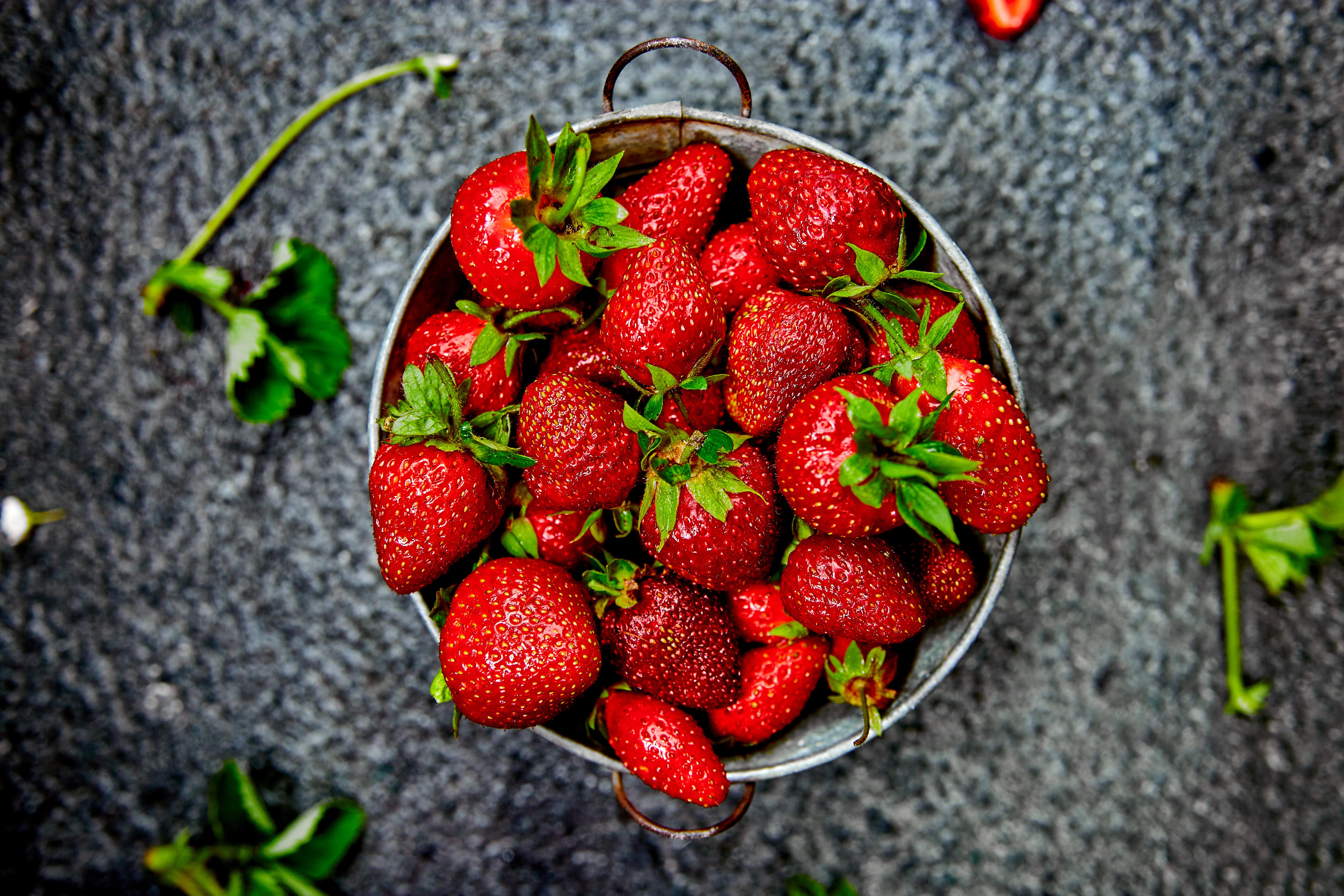
Strawberries are a delightful addition to any home garden, known for their sweet flavor and vibrant red color. These berries are relatively low-maintenance and can thrive in small spaces, making them perfect for container gardening. They are naturally resilient to many pests, especially when grown in well-drained soil with plenty of sunlight. By using mulch, you can further deter pests and retain moisture, reducing the need for chemical interventions. Strawberries are rich in antioxidants and vitamin C, making them a healthy choice for your garden. Their versatility in culinary uses adds to their appeal, from fresh snacks to delicious desserts.
2. Blueberries: A Superfood with Super Benefits
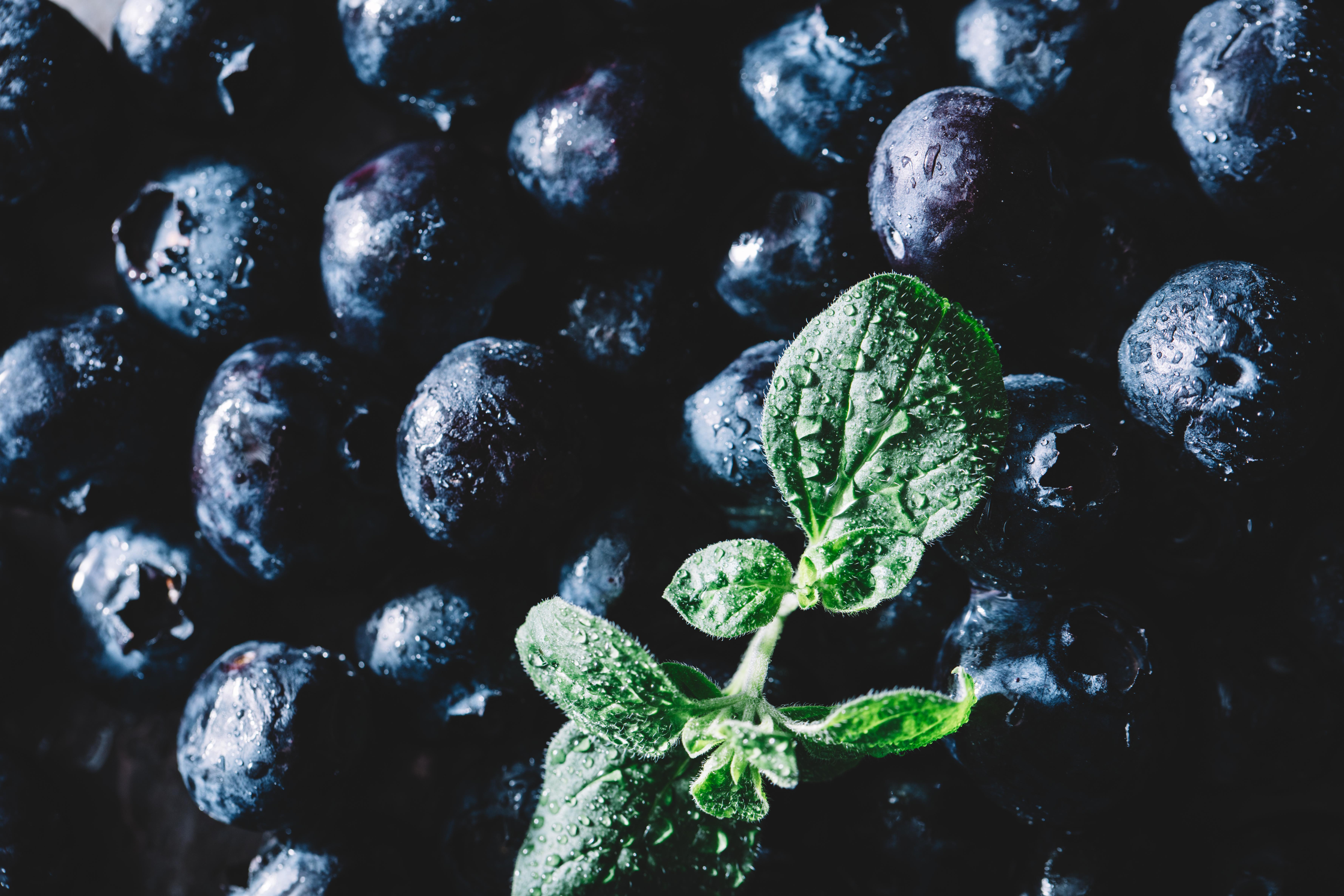
Blueberries are heralded as a superfood, packed with vitamins, fiber, and antioxidants. These small fruits are well-suited for home gardens, particularly in acidic soil conditions. Blueberry bushes require minimal pesticide use due to their natural resistance to many common pests and diseases. Regular pruning and proper spacing help ensure good air circulation, further reducing the need for chemical treatments. The bushes also provide beautiful foliage, adding aesthetic value to your garden. With proper care, blueberry plants can yield bountiful harvests for many years, making them a worthwhile investment for health-conscious gardeners.
3. Raspberries: Vibrant and Versatile
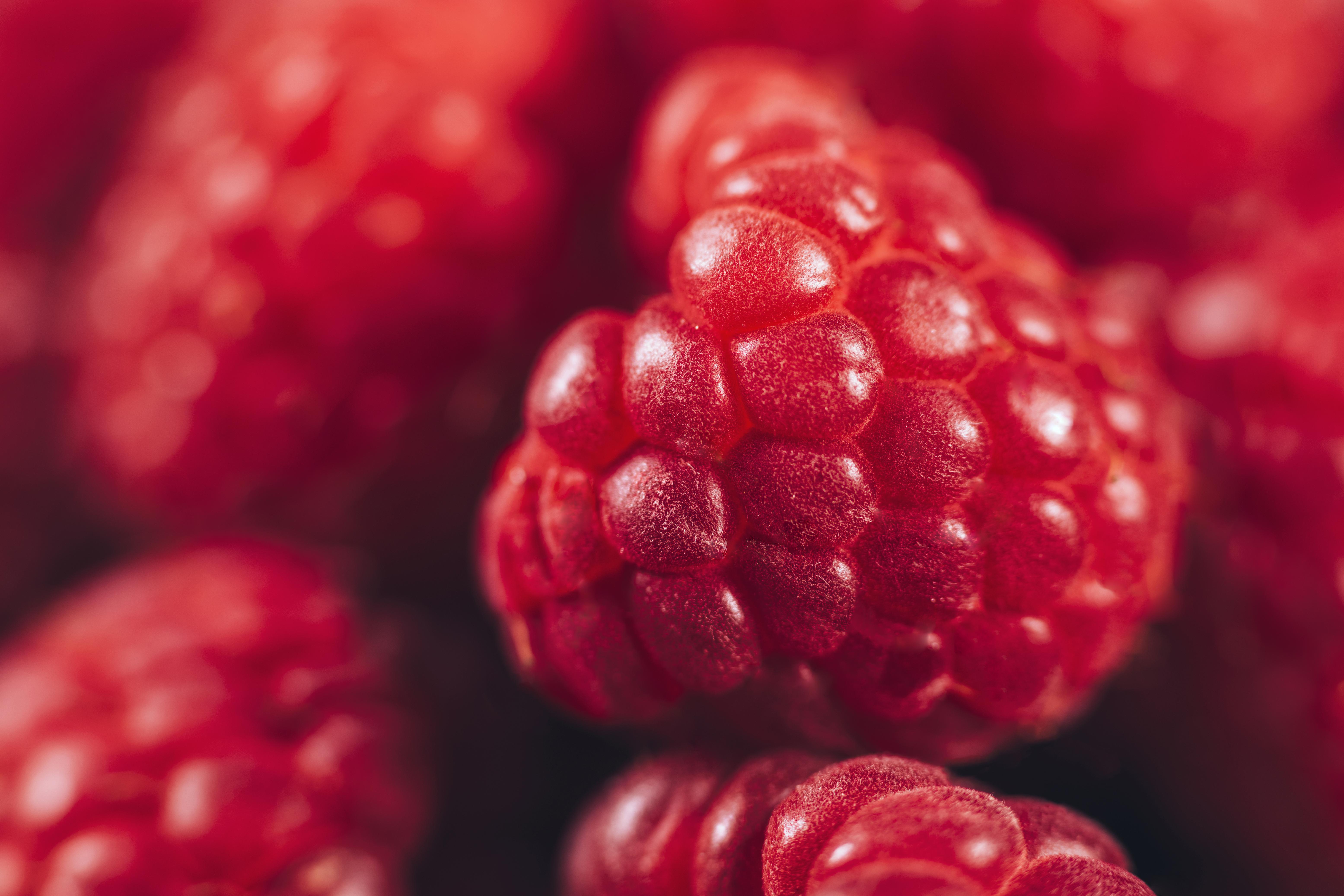
Raspberries are another excellent choice for home cultivation, offering a burst of flavor and color. These berries are known for their hardiness and ability to adapt to various soil types, provided they have good drainage. Raspberries generally require less pesticide use due to their robust nature and fewer pest problems. Regular pruning is essential to maintain plant health and productivity, as it helps prevent disease spread. Raspberries are rich in vitamins, minerals, and dietary fiber, making them a nutritious addition to your diet. Their versatility extends to numerous culinary applications, from jams to salads.
4. Apples: An Orchard in Your Backyard
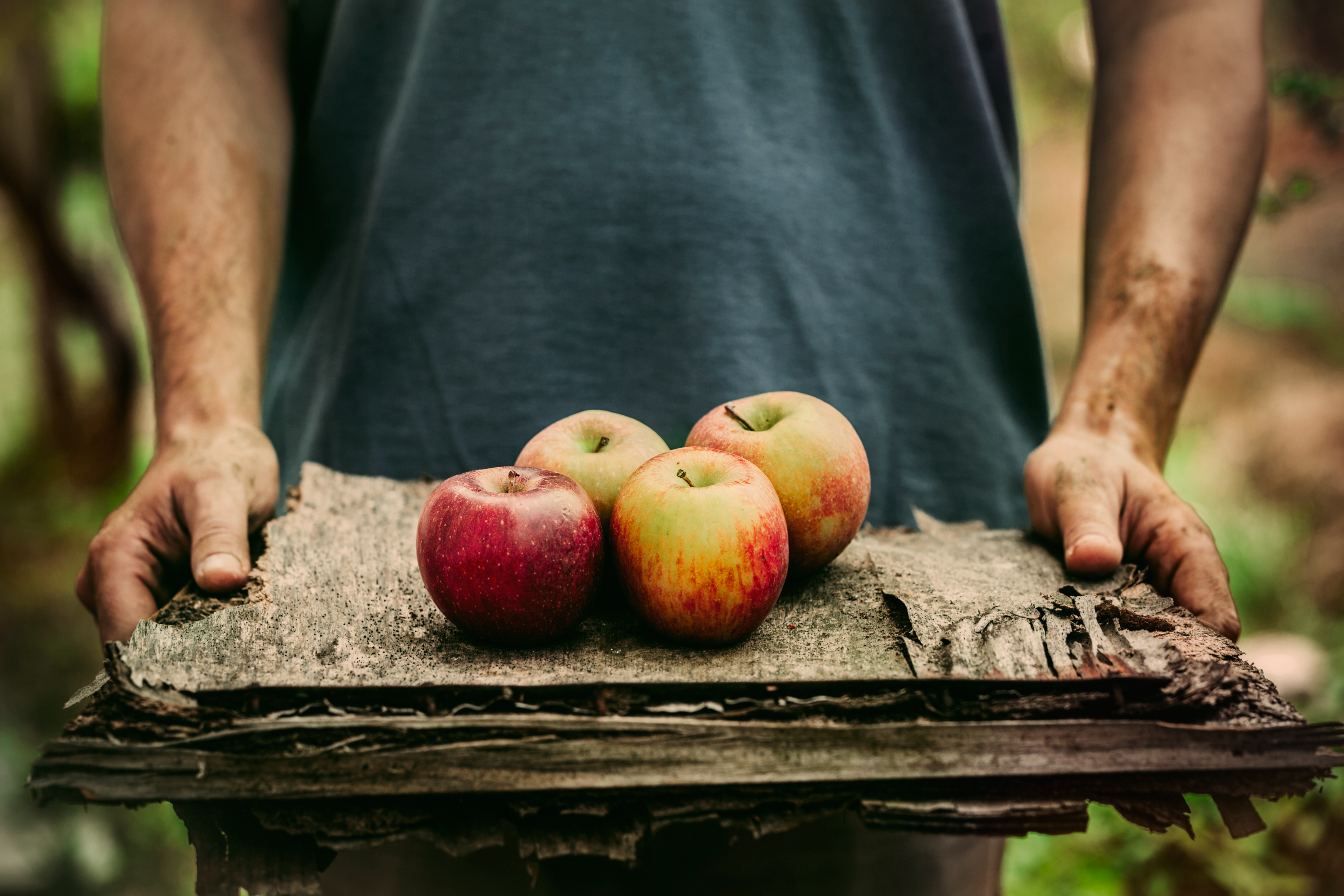
Apples are a classic fruit that can be successfully grown in home gardens, with dwarf and semi-dwarf varieties being particularly suitable. These trees are generally more pest-resistant than their commercial counterparts due to the diverse microenvironments in home gardens. Employing organic practices such as companion planting and natural predators can further minimize pesticide use. Apples are a good source of dietary fiber and vitamin C, contributing to a balanced diet. With a wide range of varieties available, each offering unique flavors and textures, apples provide endless possibilities for fresh consumption and cooking.
5. Pears: The Elegant Choice
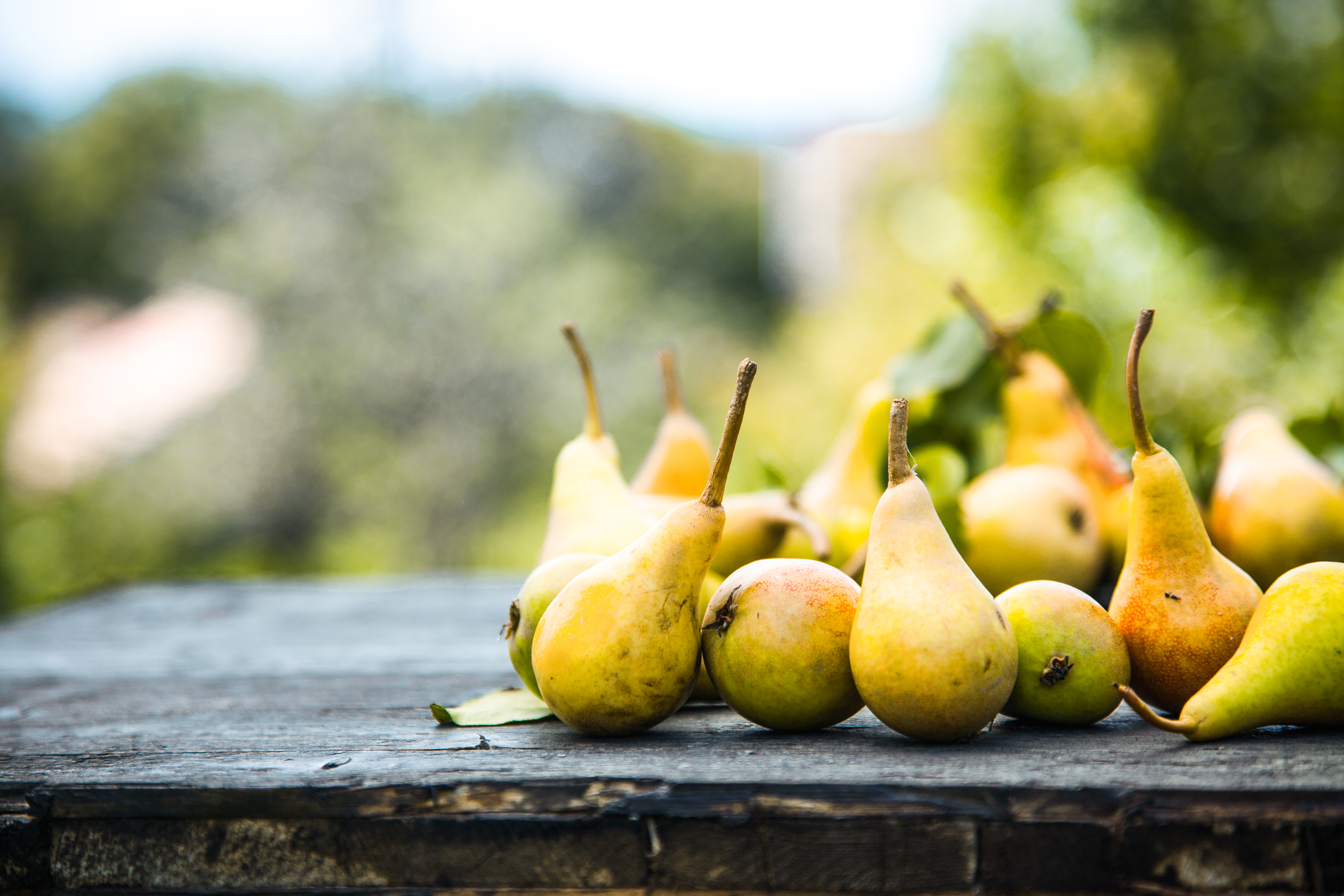
Pears offer elegance and ease in home gardening, with many varieties being naturally resilient to pests. These trees prefer well-drained soil and full sun, thriving with minimal intervention. Pears are less susceptible to common fruit tree pests and diseases, making them a low-pesticide option. Regular pruning and thinning of fruit clusters are essential practices to ensure healthy growth and prevent disease. Pears are rich in fiber and essential nutrients, making them a healthy snack. Their sweet, juicy flesh is perfect for fresh eating, canning, or baking, adding a touch of sophistication to your culinary repertoire.
6. Cherries: A Burst of Flavor
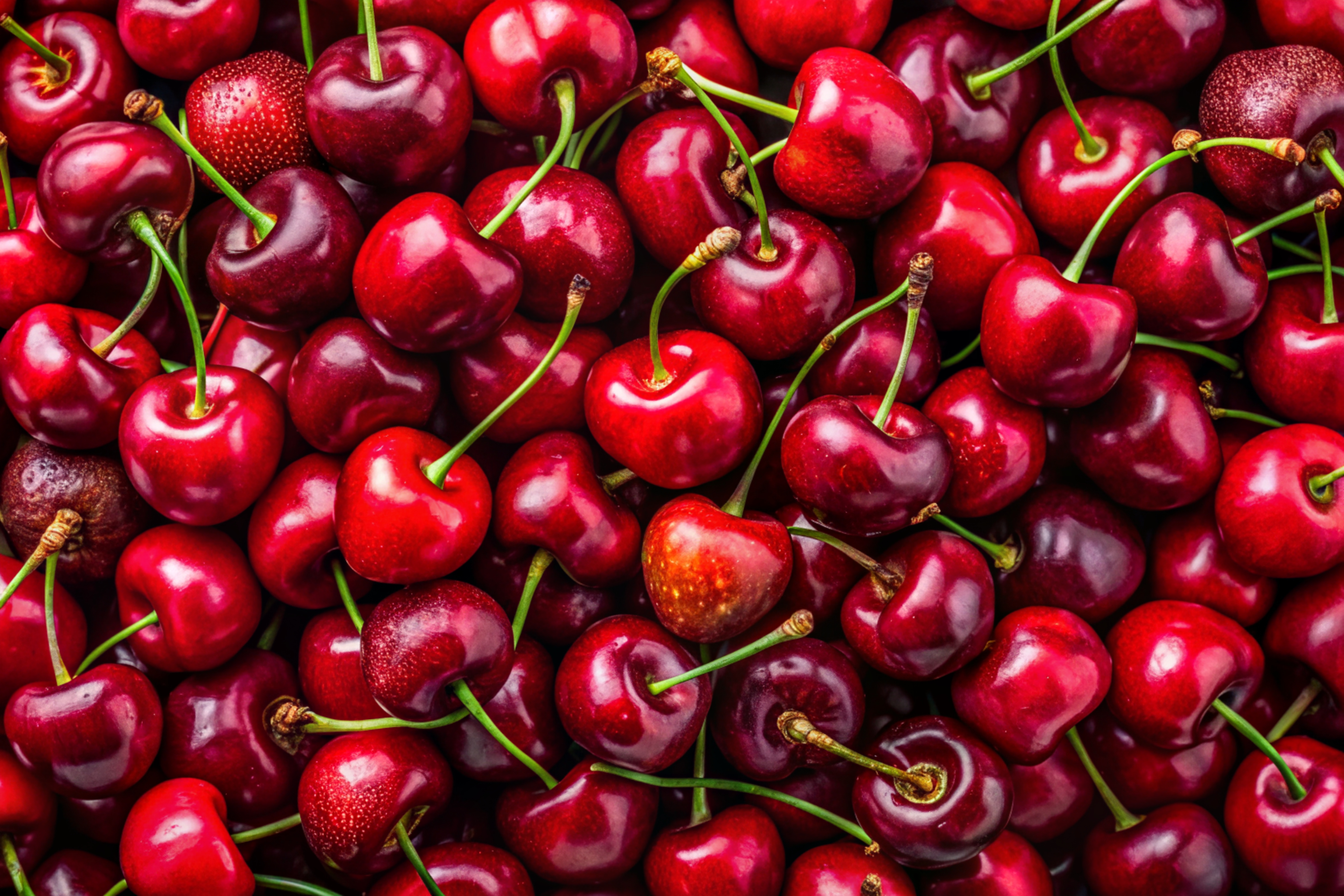
Cherries are a delightful fruit that can be grown in home gardens, offering a burst of flavor and color. While sweet cherries are more challenging due to their susceptibility to pests, tart cherries are naturally more resistant, requiring fewer pesticides. These trees thrive in well-drained soil and full sun, with proper care ensuring a bountiful harvest. Cherries are rich in antioxidants and anti-inflammatory compounds, providing numerous health benefits. Their vibrant flavor makes them a favorite for fresh consumption, baking, and preserves, adding a sweet and tangy twist to various dishes.
7. Figs: A Mediterranean Delight
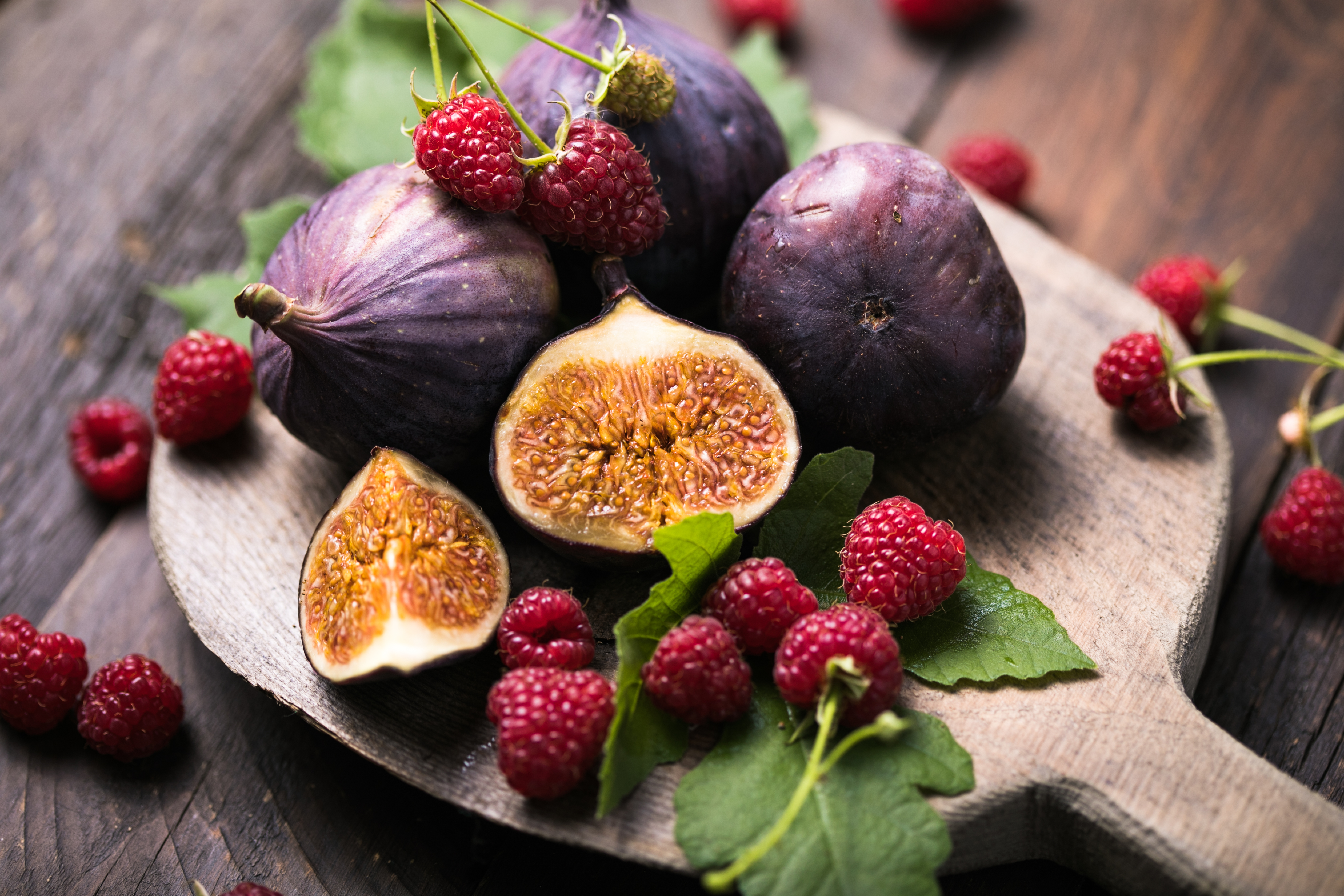
Figs bring a touch of the Mediterranean to your home garden, known for their unique flavor and texture. These fruit trees are well-suited for warm climates and can be grown in containers in cooler regions. Figs are naturally resistant to many pests and diseases, making them a low-pesticide choice. They require minimal care, thriving in well-drained soil and full sun. Figs are a good source of dietary fiber, vitamins, and minerals, contributing to a healthy diet. Their sweet, honey-like flavor makes them a versatile ingredient in both sweet and savory dishes, from salads to desserts.
8. Grapes: A Vineyard at Home
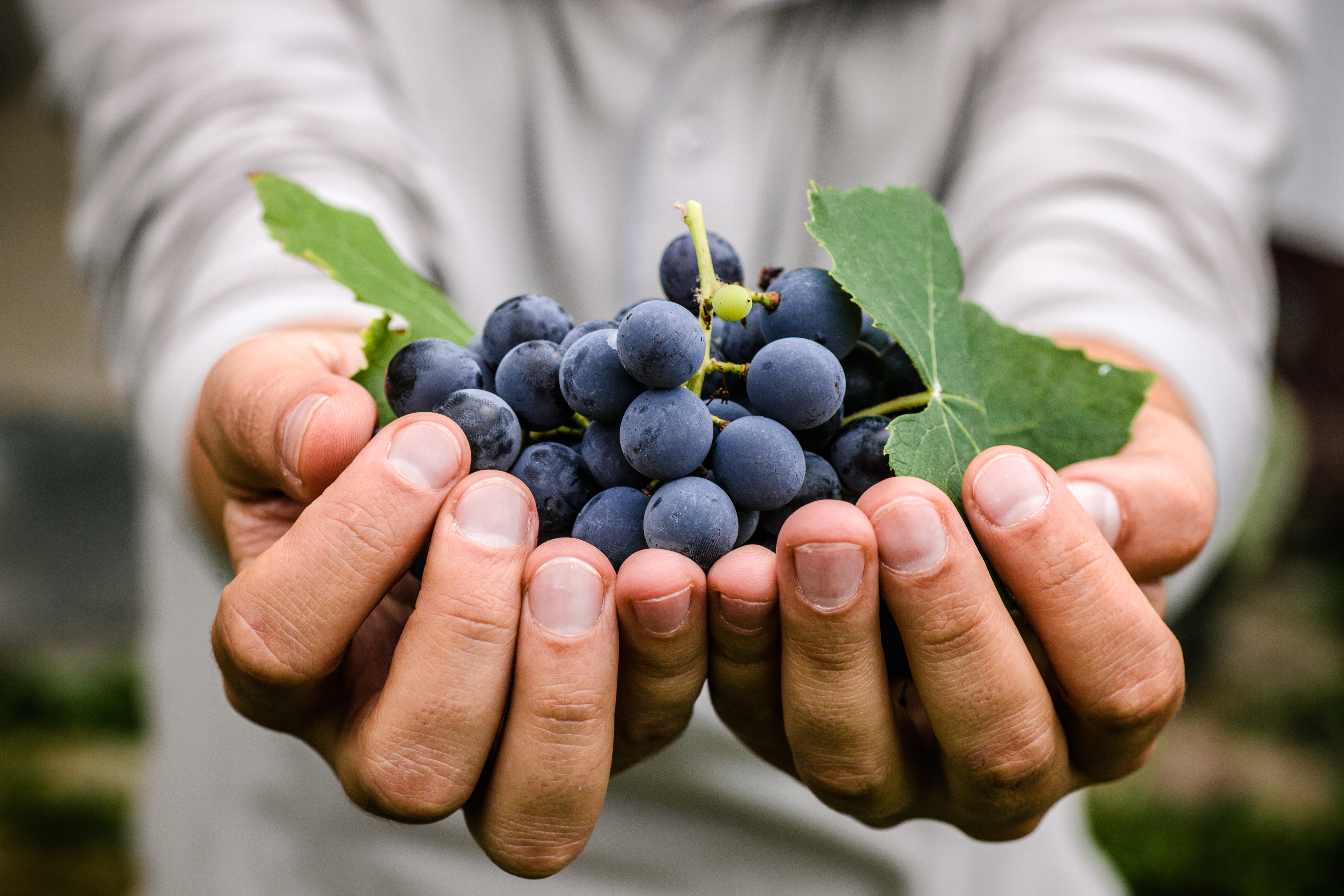
Grapes offer the opportunity to create a mini-vineyard in your backyard, providing both beauty and bounty. These vines are adaptable to various climates and soil types, with many varieties requiring little to no pesticide use. Grapes benefit from proper pruning and trellising, which enhance air circulation and sunlight exposure, reducing disease risk. They are rich in antioxidants, particularly resveratrol, which is linked to numerous health benefits. Grapes can be enjoyed fresh, dried as raisins, or used in winemaking, offering a taste of luxury and tradition to your home garden.
9. Citrus Fruits: Sunshine in a Peel
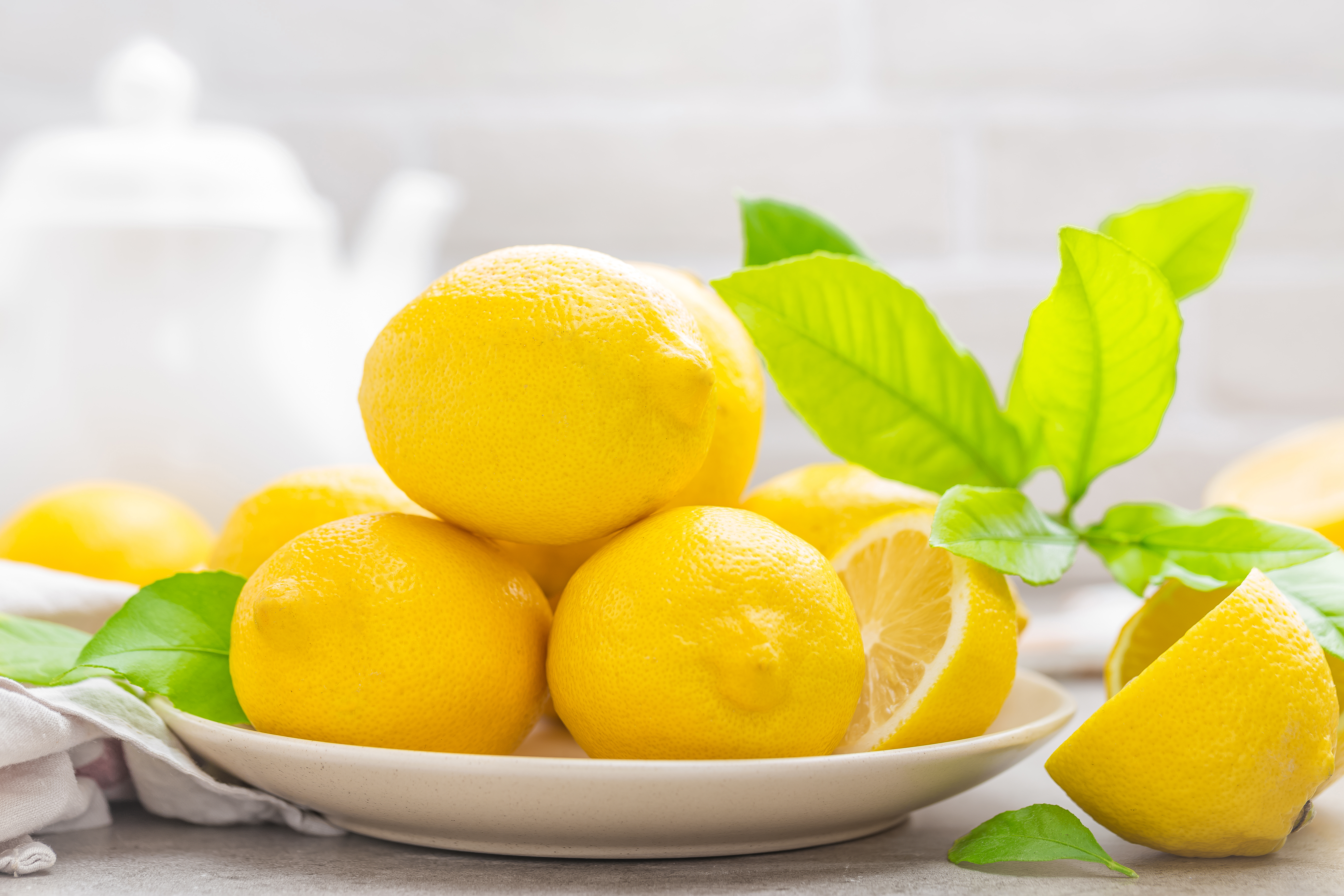
Citrus fruits, such as lemons, limes, and oranges, bring a burst of sunshine to your garden. These trees are well-suited for container gardening, allowing you to move them indoors during colder months. Citrus trees are relatively pest-resistant, particularly when grown in well-drained soil with adequate sunlight. Regular watering and fertilization are key to healthy growth and fruit production. Citrus fruits are rich in vitamin C and other essential nutrients, boosting your immune system and adding zest to your meals. Their aromatic oils and vibrant flavors make them a versatile addition to both sweet and savory dishes.
10. Plums: A Juicy Treat
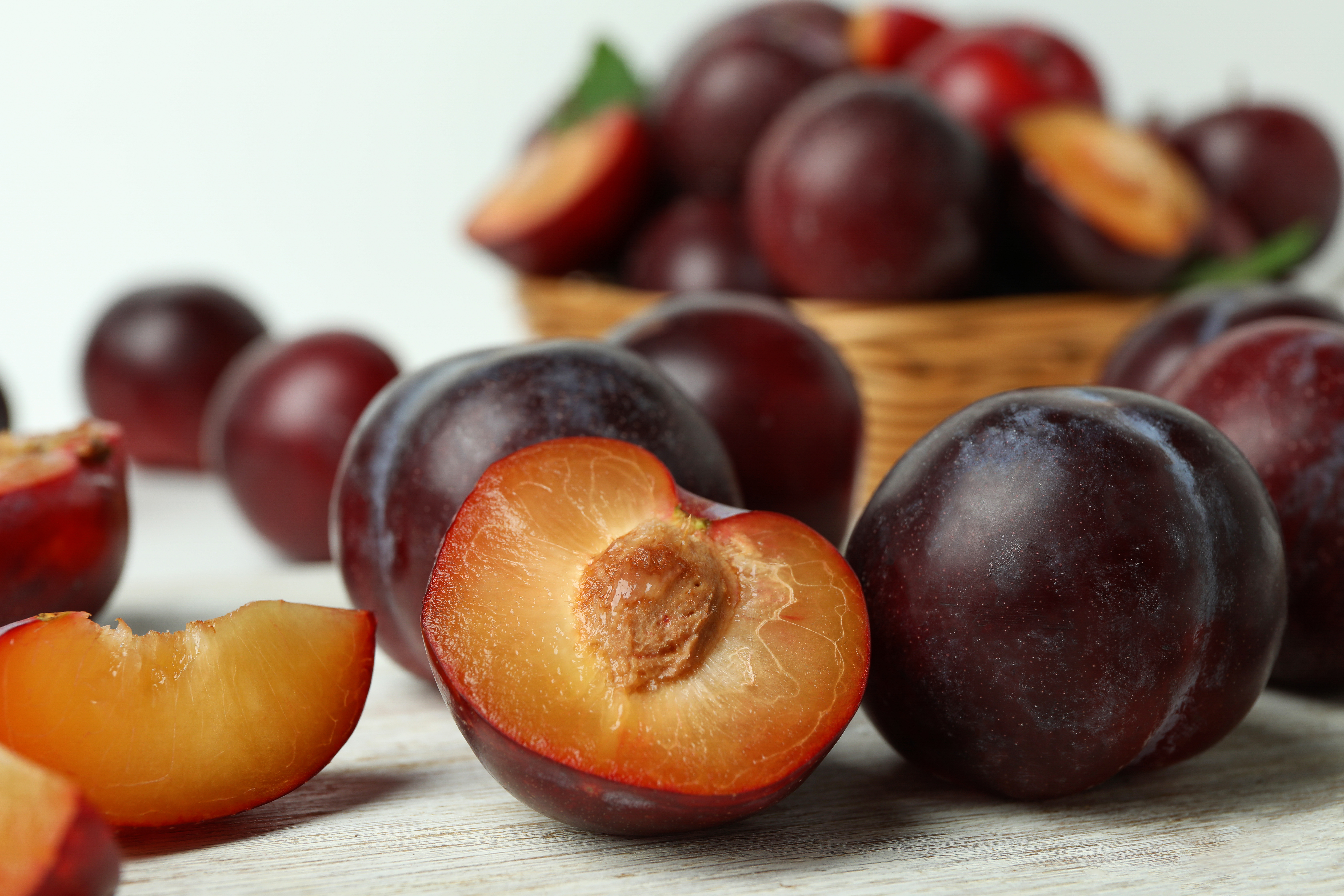
Plums are a juicy treat that can be easily cultivated in home gardens, offering a range of flavors from sweet to tart. These trees are generally hardy and require minimal pesticide use, particularly when grown in well-drained soil with full sun exposure. Regular pruning and thinning of fruit clusters help maintain tree health and productivity. Plums are rich in vitamins, minerals, and antioxidants, supporting overall health and wellness. Their juicy flesh is perfect for fresh consumption, baking, and preserves, providing a delightful addition to your culinary creations.
Your Fruits, Your Way
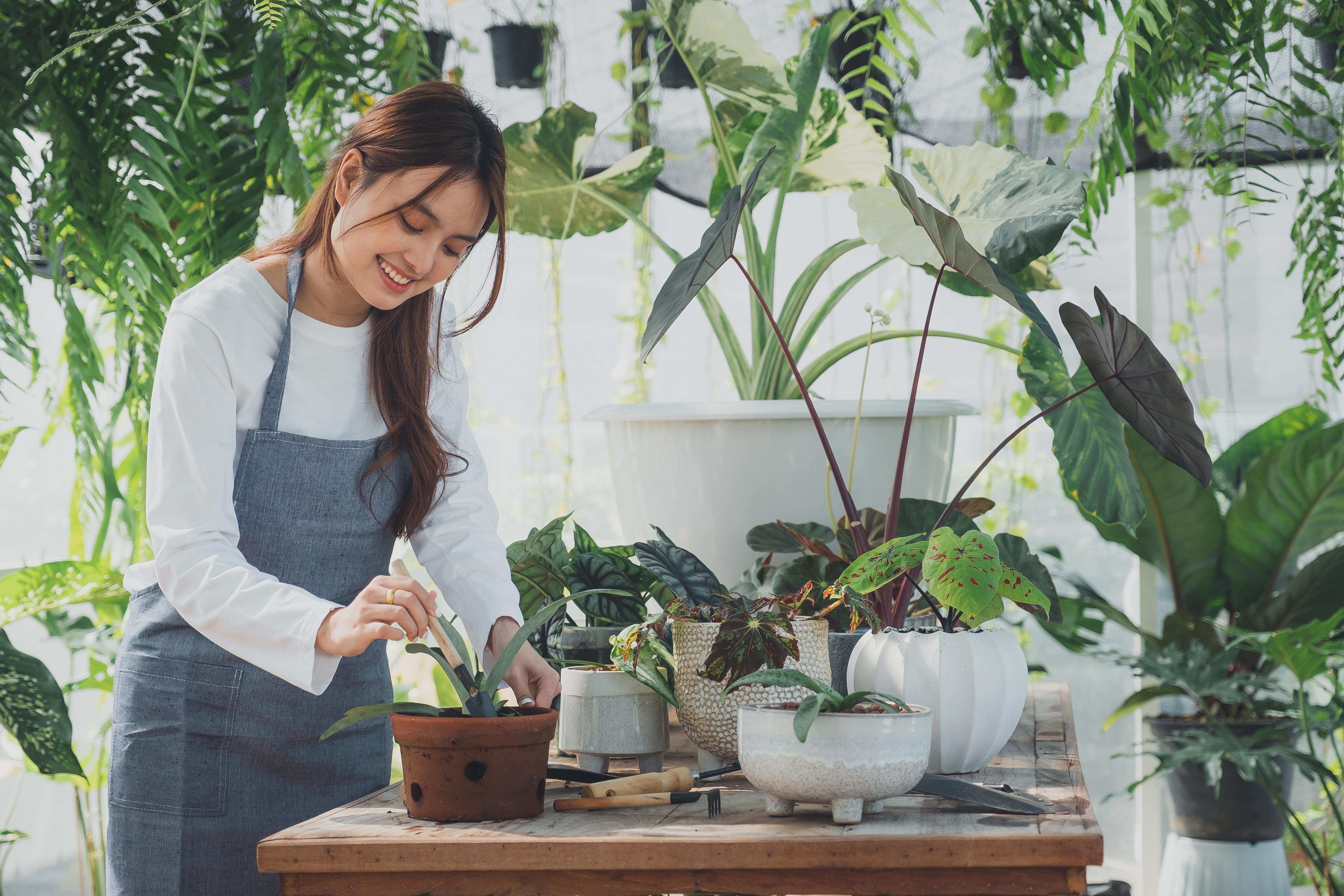
Cultivating low-pesticide fruits at home not only contributes to a healthier diet but also promotes sustainable gardening practices. By selecting naturally resilient varieties and employing organic techniques, you can enjoy a bountiful harvest with minimal chemical intervention. Each fruit discussed offers unique flavors, nutritional benefits, and culinary possibilities, enhancing your garden and lifestyle. Embrace the joy of home gardening and savor the rewards of fresh, homegrown produce, knowing that you are making a positive impact on your health and the environment.
